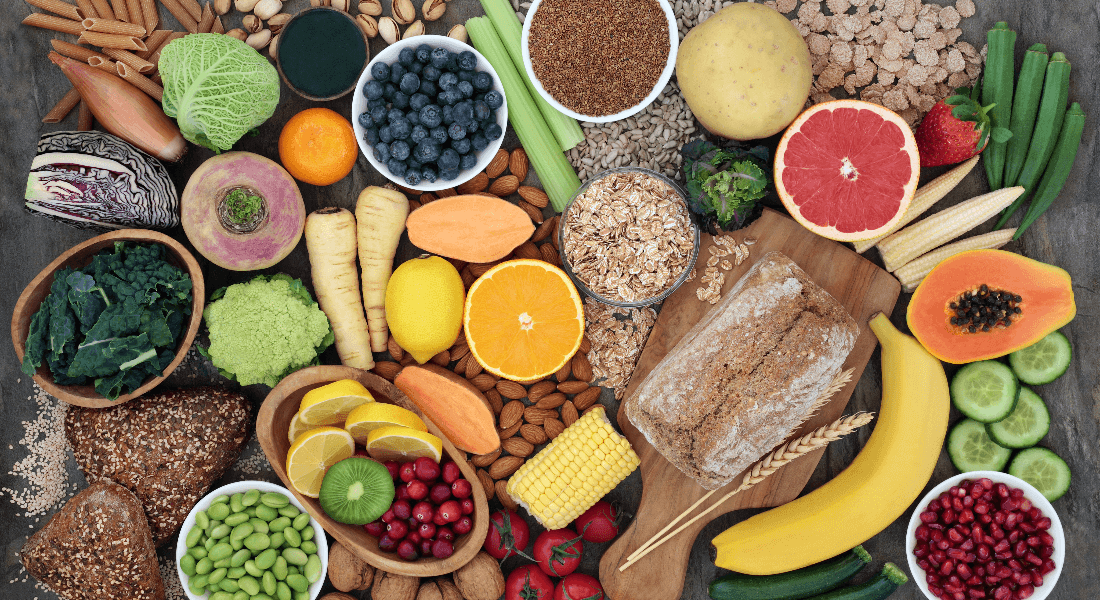Themes

In our Living Lab, our work is currently focused on the following three themes:
- Canteens as a central player in making a more plant-based diet the new normal, with a focus on the barriers and consumer perspective.
- Development of new plant-based food products – the strength of interdisciplinary collaboration in the development phase and consumer preferences.
- As a Living Lab, we are a member of Bælgfrugtspartnerskabet. In the coming years, we will continuously develop our role and create knowledge related to the partnership.
Below, you can see more about the three themes. For the first two themes, there are examples of products and activities, while for the Bælgfrugtspartnerskabet, it is still a description of what we wish to contribute.
If you want to know more, access data, or have questions, please get in touch with Living Lab Manager Mette Frimodt-Møller.
Canteens in workplaces and public catering play a central role in presenting new dishes and products to the public, helping making a plant-based diet the new normal choice. If we should all eat according to the official Danish dietary guidelines, it requires new habits, methods, and workflows for both the canteen and the customer.
In our lab, we have conducted both pilot projects and student projects focusing on canteens, and we continue to work on this. We want to understand the barriers to the transition – both from the perspective of the workplace/public sector, the canteen providers, and the customers/those who eat in the canteen.
Student project
- Investigating lunchtime preferences before and after the campus canteens go green
By Pernille Lykke Jørgensen, MSc student in Environmental and Natural Resource Economics at UCPH
Research article: Vegetarian campus canteens – a welcome change or too much of a green thing?
Pilot project
- A more plant-based canteen
Researcher: Morten Wendler Jørgensen, Postdoc, Department of Food and Resource Economics (IFRO), KU
External partner: Compass Group
Research report: User perspectives on plant-based food
Video:
As we strive towards a sustainable future, we must change how we approach food production and consumption. Developing new, eco-friendly food products is essential, but ensuring that people are willing to incorporate these innovations into their diets is equally important.
In our Living Lab, we have conducted pilot and student projects on consumer preferences regarding new plant-based products, as well as projects focusing on how interdisciplinary research collaboration and cooperation with companies can be helpful in the product development phase.
Student projects
- Enhancing the nutritional profile and functional properties of fava bean milk (for plant based cheese production)
by Jemma Litzke, Faculty of Science, KU
Research article: Enhancing the nutritional profile and functional properties of fava bean milk (for plant based cheese production)
External partner: FÆRM - Optimization of the Fava bean milk
by Alice Dulaj, MSc in Agriculture (Plant Science), Faculty of Science, KU
Research article: Optimization of the Fava Bean milk
External partner: FÆRM - Consumer perception of clover grass protein extract, Sumya Siddiqa, MSc Food Innovation and Health, Faculty of Science, KU
Research article: Attitude and Perception Towards the Consumption of Clover
Grass-Based Protein Among Austrian and Danish Consumers
External partner: BiomassProtein™
Pilot projects
- From Feed to Food – what does it take to make us eat rapeseed press cake?
Researchers: Barbara Ann Halkier, Wender Bredie, Frida Hastrup, Deyang Xu, Jakob Skytte Thorsen and Arendse Maria Toft.
Verdens Bedste Nyhed artikel: Jeg har smagt på bitter rapskage. Det kommer du nok også til i fremtiden
External partner: Spora - Plant-based dairy
Researchers: Barbara Vad Andersen, Derek V. Byrne, Beatriz Philippi Rosane, Susanne Gjedsted Bügel, Sophie Wennerscheid and Lise Tjørring.
External partner: DRYK and Casheury
Video:
Bælgfrugtspartnerskabet is a new, unique collaboration aimed at boosting the consumption and production of legumes in Denmark. The partnership consists of 58 private and public partner organizations across the value chain, who have entered a committed collaboration to increase the intake of legumes to meet the official dietary recommendation of 100 grams of legumes per day.
Bælgfrugtspartnerskabet represents a new, transformation-oriented form of partnership with the ambition to create cultural change in production, retail, and consumption. Achieving this ambition requires a persistent effort to develop the diversity of the partner circle into a value-creating contribution.
In the Living Lab, our first contribution to the partnership will be to conduct a stakeholder analysis among the partners to uncover their expectations for the partnership. This will help form a knowledge base to strengthen the partnership’s efforts to achieve its goals and ensure effective strategies to navigate a complex internal partner landscape.
Read more about the pilot project "Bælgfrugtspartnerskabet: Stakeholder analysis" here.
Living Lab Manager
 Mette Frimodt-Møller is Living Lab Manager, and you can contact her here.
Mette Frimodt-Møller is Living Lab Manager, and you can contact her here.
